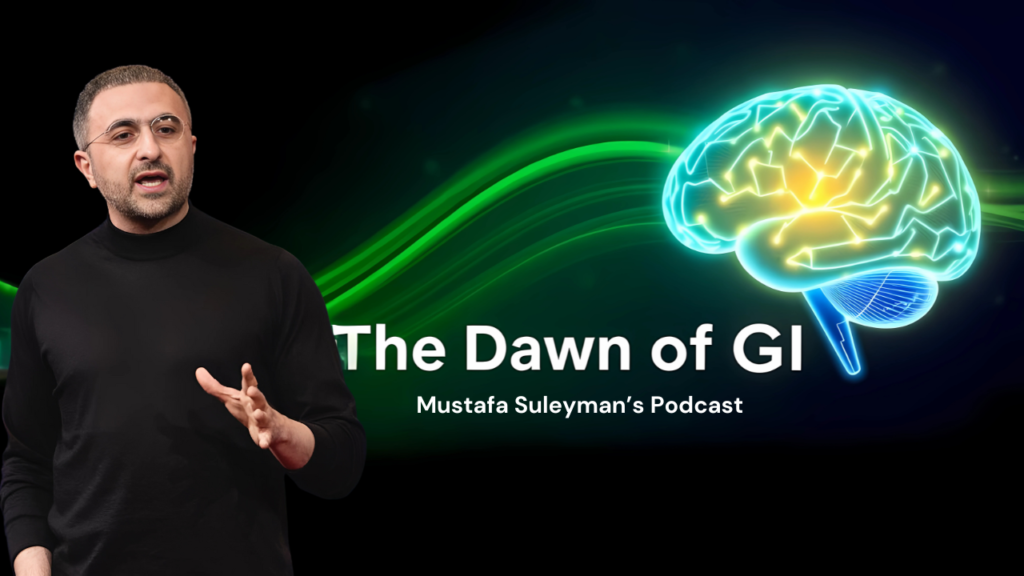Artificial Intelligence (AI) is progressing at a staggering pace, redefining humanity’s perception of itself and its capabilities. Mustafa Suleyman, co-founder of Inflection AI and a leading figure in Microsoft AI, recently shared his groundbreaking perspectives in a podcast. This article unpacks his insights into the evolution of AI, the promise of Artificial General Intelligence (AGI), and its implications for society and ethics.

Narrow AI vs. Artificial General Intelligence (AGI)
Narrow AI
Suleyman distinguishes between narrow AI and AGI, emphasizing their differing scopes:
- Narrow AI: Designed for specific tasks such as conversation, content generation, and data analysis, narrow AI operates within predefined parameters. It cannot improve itself autonomously, and examples include virtual assistants and recommendation systems.
AGI: The Next Frontier
- Artificial General Intelligence (AGI): Representing a seismic shift in technology, AGI promises machines with autonomy, self-improvement capabilities, and the ability to perform complex, multi-step tasks without explicit instructions. Suleyman predicts AGI could emerge by 2030, marking a new era in human-machine collaboration.
The Implications of AGI
Redefining Humanity
As AGI systems begin to exhibit human-like comprehension and communication, the distinction between human and machine intelligence becomes increasingly blurred. This raises profound questions about consciousness and the essence of humanity.
Transformative Potential
AGI differs from traditional tools by offering real-time adaptability, with far-reaching applications in fields like education
